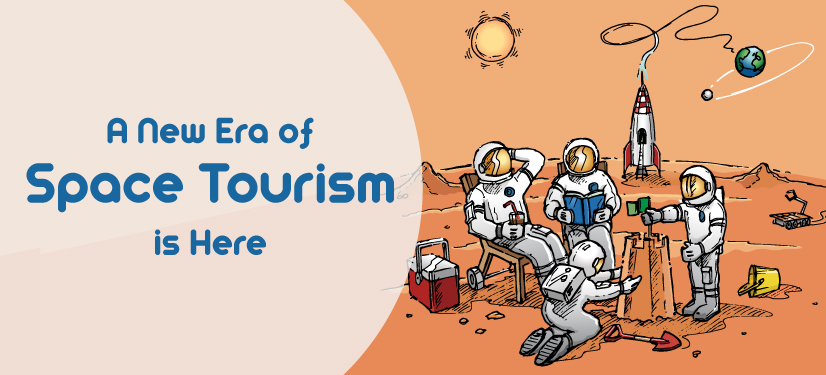
Though we’ve been living in the Space Age for more than half a century, going into space remains an extreme rarity. Fewer than 600 people have gone above the Kármán line — the point about 100 km above Earth that marks the beginning of space. And so far, all the astronauts who have travelled to space were put there by the governments of different countries.
July 2021 has been a momentous month for private space tourism. On July 11, British entrepreneur Sir Richard Branson’s Unity “rocket-plane” flew him and five fellow passengers about 85 kilometres above Earth. And on July 20th, Amazon founder Jeff Bezos’ New Shepard capsule reached an altitude of 106km, carrying Bezos and his brother to space. Passengers on both flights experienced several minutes of weightlessness and took in breathtaking views of our beautiful and fragile Earth.
And soon, thrill-seekers and explorers such as yourself will soon be able to get their adrenaline kicks and envy-inducing social media pictures from the final frontier! Space will soon become a place, not just for astronauts but also tourists.
If you are excited to book a seat for yourself on the journey into space, here are a few things to consider
Who’s offering spaceflights?
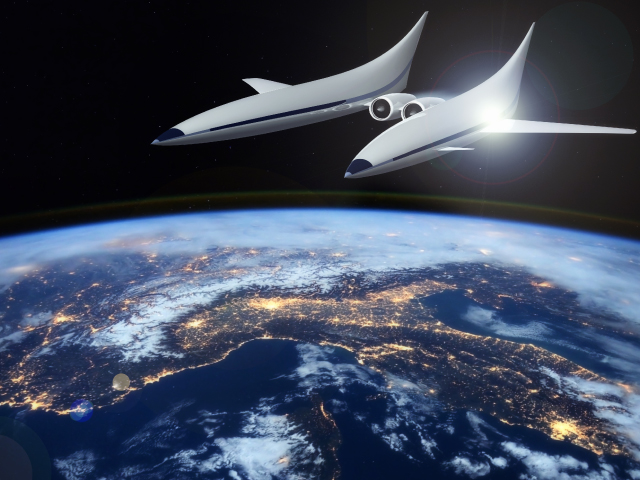
Two companies are offering short “suborbital” hops of a few minutes: Jeff Bezos’ Blue Origin and Virgin Galactic, founded by Richard Branson.
Blue Origin’s New Shepard rocket takes off vertically before the crew capsule detaches and crosses the Karman line (100 kilometers, in altitude), before falling back to Earth with three parachutes.
Virgin Galactic uses a massive carrier plane, which takes off from a horizontal runway then drops a rocket-powered spaceplane. This in turn soars to over 50 miles altitude before gliding back.
In both cases, up to six passengers are able to unbuckle from their seats to experience a few minutes of weightlessness and take in the breathtaking view of Earth from space.
How much will it cost?
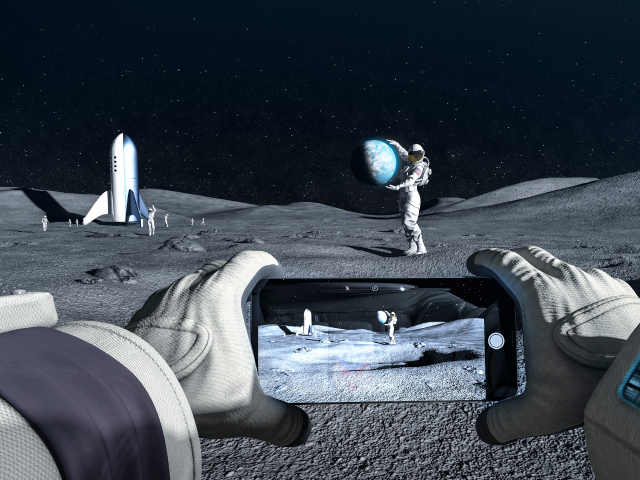
Obviously, going to space is going to cost a lot of money. The first tickets sold by Virgin Galactic went for between $200,000 (INR 1.5 crores) and $250,000 (around INR 2 crores) each.
Blue Origin hasn’t announced prices yet. The anonymous winner of a public auction for a seat on the first crewed flight paid $28 million, but decided to defer their trip.
The more “budget conscious” might consider spending $125,000 (INR 92 lakhs) for a seat on Space Neptune. It is a capsule that offers 360 degree windows and is lifted to the upper atmosphere by a balloon the size of a football stadium.
Despite the promise of spectacular views, the balloon ascends only 19 miles — far from the boundary of space, and weightlessness.
The 300 seats for 2024 have all been sold, but reservations are open for 2025.
Are the physical requirements tough?

No — you’re only expected to be in reasonable shape. Virgin Galactic’s training lasts just five days.
Blue Origin promises to teach you everything you need to know “the day before you launch”.
The company’s requirements include being able to climb seven flights of stairs in under 90 seconds and being between 5 feet and 50 kilograms and 6’4 feet and 100 kg.
What activities should be allowed in space?
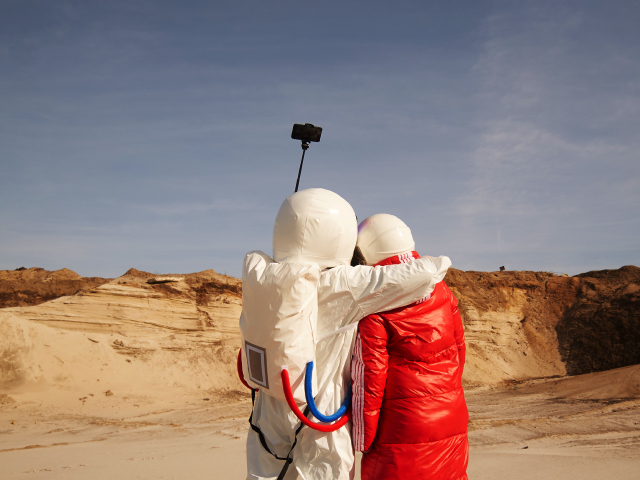
The advent of space tourism will give rise to some interesting ethical questions. Should there be advertising billboards in space? What about hotels, or shopping complexes?
How does tourism fit with the underlying philosophy of space law: that the exploration and use of outer space “shall be carried out for the benefit and in the interests of all countries”?
Will space tourism harm the environment?
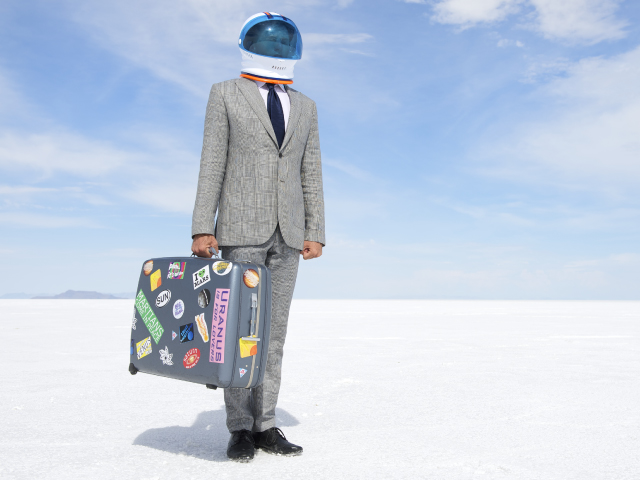
Space tourism will inevitably put pressure on Earth’s environment – there are claims that space vehicles may one day become the world’s biggest source of carbon dioxide emissions. We will need to manage space traffic carefully to avoid disastrous collisions and steer clear of space debris.
If someday tourists are able to go to the Moon, they may cause pollution or damage the heritage of earlier exploration, such as Neil Armstrong’s footprints.
These are obviously questions for the future. But given the excitement generated by the brief journeys of a couple of wealthy entrepreneurs, we should start contemplating them now. Outer space is the new frontier, and it’s very important that we do not cause any damage to the environment or outer space.
Did you know about space tourism before? Let us know in the comments!
Liked this? Read more here!
Meet Sirisha Bandla, the second India-born woman to fly to space
Track the Phases of the Moon with this DIY apparatus
Six strange objects ever launched into space
5 Games Astronauts Play in Space!
Raza has been writing since 2008, be it fiction, poetry, or articles on science, politics, and history. He believes that words can change the world, and he uses them to inspire and empower people through his writing. When he is not working, he is watching nature documentaries or playing with his cats.